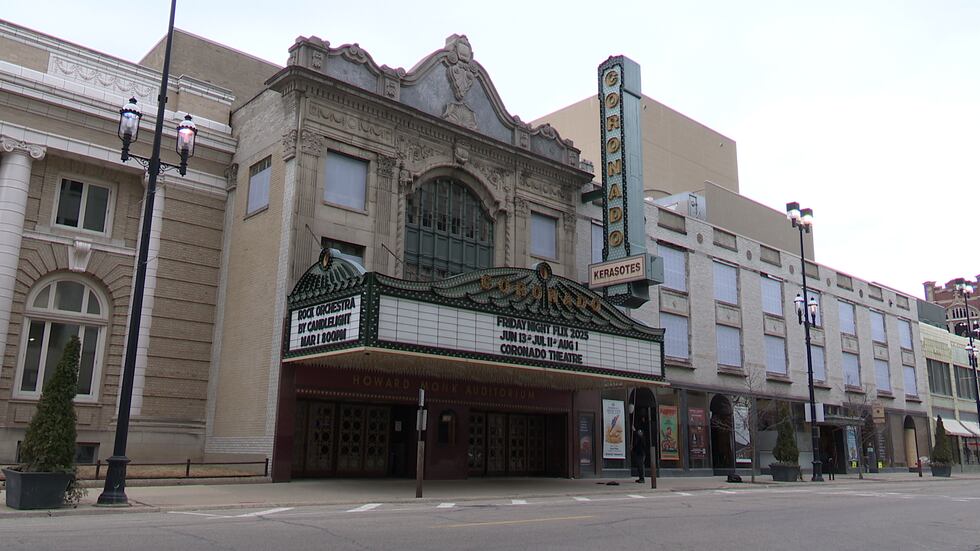Sponge-like City Roofs Designed to Absorb Rainwater and Reduce Flooding in Urban Areas Everywhere

Amsterdam and various other cities are embracing a unique design concept known as a “sponge city,” which allows buildings to absorb rainwater. A project called Resilio is currently underway in Amsterdam, installing 100,000 square feet of climate-adaptive roofing on buildings, including social housing complexes. This innovative system takes green roofing a step further by creating blue-green roofing that has the ability to store excess water.
The way it works is by having a layer of plants, such as grasses, mosses, ferns, shrubs, herbs, and sedum, rooted in soil for support. These plants sit on top of a filter layer that separates them from crates storing the excess water, along with additional layers to keep the crates and plant roots separated from the roof itself. According to Kasper Spaan, a policy developer for Amsterdam’s public water company Waternet, these roofs essentially act as flat rain barrels on top of buildings.
The roofs are equipped with smart valves that can detect impending downpours and release excess water beforehand, allowing the roofs to absorb new rainfall. This process has been likened to the roof functioning like a sponge that can be wrung out as needed. In addition to cooling the buildings they are on, these roofs may potentially be used to grow crops in the future. Combining these innovative roofs with solar panel systems opens up even more possibilities for sustainable urban development.
Systems like these sponge-like roofs play a crucial role in preparing for and mitigating the impacts of a hotter future, as the plants absorb carbon dioxide and help reduce flooding during heavy rainfall. Other architectural advancements, such as greener concrete materials, innovative mirroring designs, and the use of earthen materials, are also contributing to similar improvements in buildings.
Spaan believes that this concept is not limited to Amsterdam but can be applied to many urban areas worldwide. This sustainable approach to urban infrastructure shows promise in addressing environmental concerns and improving the quality of life in cities.
For more updates on the latest innovations that are making a positive impact on our planet and our lives, sign up for our free newsletter.






